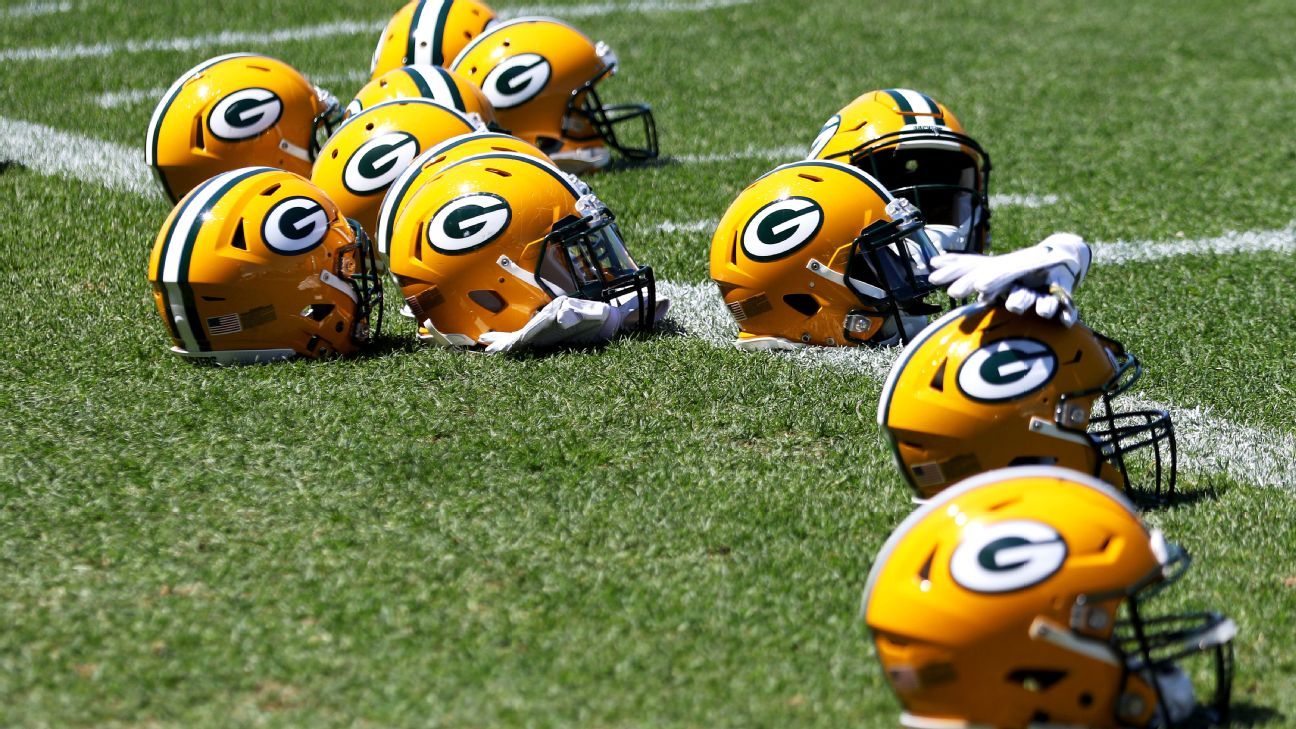Green Bay, Wisconsin — When Mark Murphy first took over as president of the Green Bay Packers 18 years ago, the NFL’s national revenue share was $138 million per team. Now, just before his retirement, the Packers announced that last year’s revenue share reached $432.6 million per team.
Murphy expressed admiration for the NFL’s growing popularity and the league office’s ability to generate substantial revenue. Since the Packers are the only publicly owned team, their financial disclosures provide a rare insight into NFL revenue sharing. With $432.6 million allocated to each of the 32 teams, the league’s total shared revenue surpassed $13 billion for the fiscal year.
At the Packers’ annual shareholder meeting, Murphy, along with CFO Maureen Smith and Treasurer Carl Schmidt, revealed that national revenues make up about 60% of the team’s total income. Murphy highlighted the growth driven primarily by national television contracts, particularly broadcast TV, though streaming is gaining traction.
The Packers saw their operating profit increase from $606.1 million to $683.7 million year-over-year. Local revenues, boosted by an additional regular-season home game due to the expanded 17-game schedule, rose from $251.8 million to $286.4 million. The team’s corporate reserves also grew from $536 million to $579 million.
With over 500,000 shareholders and approximately 5.2 million shares, the Packers cannot accept private equity investments like some other NFL teams. Share ownership is capped at 200,000 shares to prevent any single individual from gaining control, and shareholders do not receive dividends.
During Murphy’s tenure, the team invested $675 million in Lambeau Field and associated facilities, including a recently revamped locker room. Murphy emphasized the importance of building corporate reserves in the absence of wealthy private owners, especially as other teams begin selling minority stakes and private equity shares up to 10% of their value.
Fan Take: This financial transparency highlights the immense growth and stability within the NFL, reassuring fans that the league remains profitable and vibrant. The Packers’ unique ownership model sets a strong example of fiscal responsibility and community involvement in a sport increasingly driven by big money.



